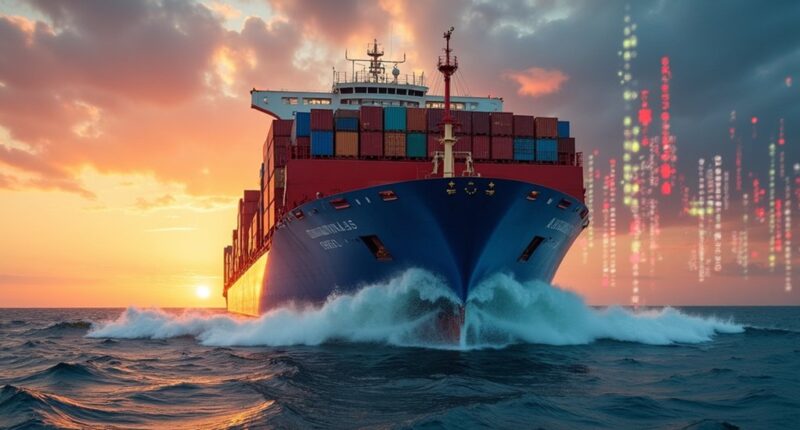How revolutionary is President Trump’s recently uncovered EU trade deal, or is it merely another exercise in political theater disguised as economic strategy? Announced in July 2025 after a high-profile meeting with European Commission President Ursula von der Leyen, the agreement sets a baseline tariff of 15% on nearly all EU goods entering the United States—a figure that, while lower than the previously threatened 20-30% tariffs, still dwarfs the historical EU auto tariff of 2.5% for U.S. imports. This deal, ostensibly designed to stabilize trade relations, replaces a chaotic patchwork of fluctuating tariffs with a supposedly “new normal,” yet one must question whether this is genuine progress or just a reframing of trade hostility under a veneer of stability.
The tariff adjustments, particularly the reduction in auto and auto parts tariffs from an alarming 27.5% down to 15%, undeniably inject a degree of predictability into U.S.-EU trade, calming jittery markets and bolstering investor confidence, as evidenced by the Euro’s uptick post-announcement. However, this “compromise” imposes a substantial cost on American consumers and businesses reliant on European goods, subtly shifting burdens without addressing the underlying inefficiencies or trade imbalances. Notably, tariffs on pharmaceuticals and semiconductors remain temporarily at zero, pending further Section 232 investigations, reflecting ongoing sensitivities in critical sectors. Both sides aim to work out further details on sectoral tariffs and non-tariff barriers.
Moreover, the EU’s commitments to purchase hundreds of billions in U.S. energy and military equipment, while framed as economic cooperation, reveal a strategic undercurrent—turning trade into a quid pro quo that blurs lines between commerce and geopolitics. This deal’s avoidance of a full-blown trade war may seem prudent, but it also entrenches a tariff regime that reshapes global supply chains and pressures other nations to recalibrate their trade policies, signaling a tectonic shift rather than a mere truce.









